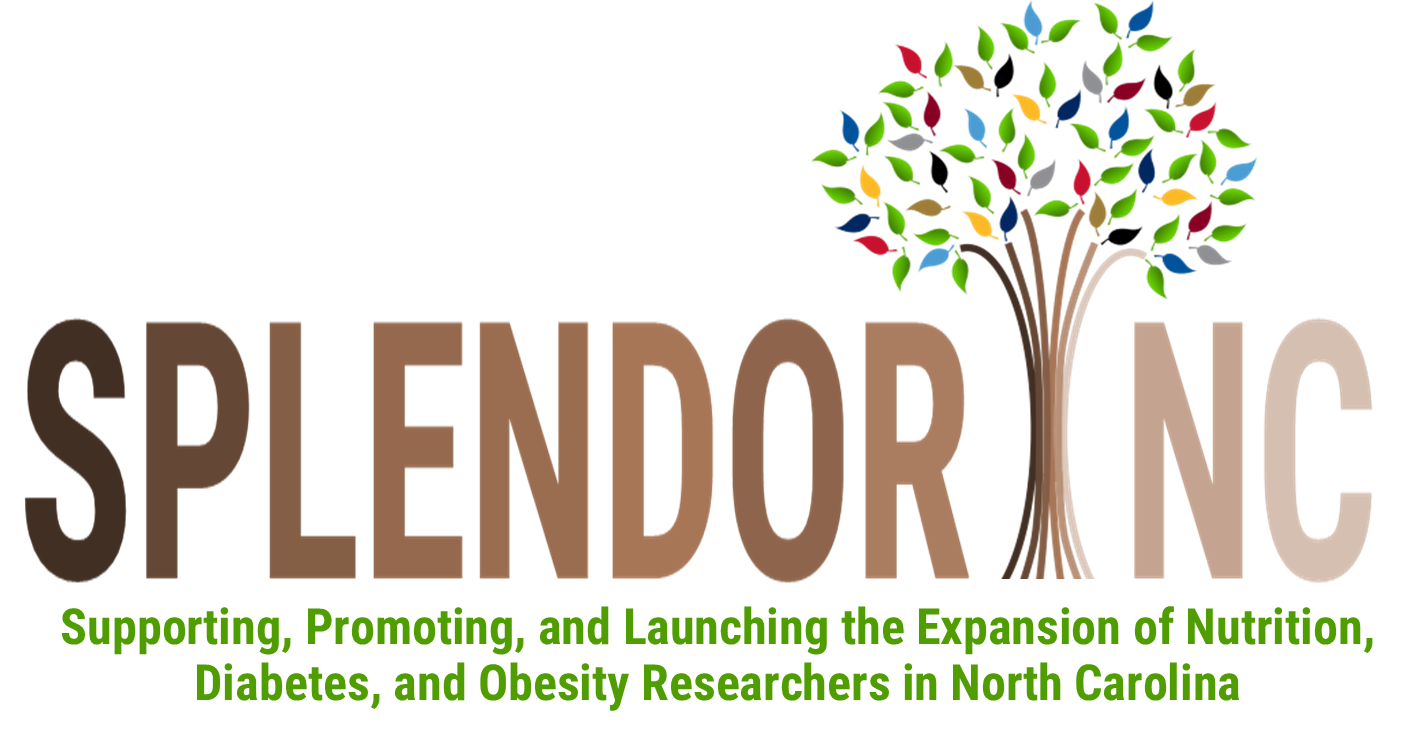Program Components
Scholar Competencies
The Scholars Program is designed to ensure Scholars attain a robust set of competencies, organized within seven domains:
- Discipline-specific conceptual knowledge;
- Research skill development, including grant writing;
- Communication skills;
- Professionalism;
- Leadership and management skills;
- Responsible conduct of research; and
- Multiculturalism and inclusion.
Program Deliverable
The intended deliverable of the Scholars Program is the submission of an NIH or relevant federal (e.g., CDC, NSF, USDA) proposal appropriate to the individual’s career stage. This could be a KL submission to a local CTSA, an NIH K award for post-doctoral scholars, proposals in response to PAR-19-222 or PA-18-906, or an application to the Support for Research Excellence (SuRE) R16 grant mechanisms (PAR-21-169, PAR-21-173) or R21 and R15 opportunities. Publication as first or senior author of at least 2 papers over the two-year program is also expected.
Program Activities
Scholars Program activities include 1) five main program components required for all Scholars (see below) and 2) activities identified for individual Scholars to ensure attainment of program competencies and deliverables. Some activities take place in group formats, and others are individually based. Both in-person and virtual formats are utilized to optimize participation across institutions.
Program Components
The Scholars Program is comprised of five main program components that are supplemented with additional available skills training and professional development activities. Working with their primary mentor and mentoring team, each Scholar will develop an individual development plan (IDP) through which their program activities will be established.
#1: Mentoring Program
Mentors will be selected based on their area of scientific expertise, their commitment to effective mentoring, particularly for early career investigators from underrepresented groups, and their willingness to engage in continued training to improve mentoring skills.
Primary Mentor. Each Scholar will identify and be assigned a primary mentor—an established senior researcher whose research is aligned with the Scholar’s work but who is distinct from their immediate research supervisors. The Faculty Liaisons and the Program Coordinator will work with the Scholars to identify mentors and arrange introductory meetings.
Mentoring Committee. An additional 2-3 mentors will be selected to complete the Scholar’s mentoring committee. Full mentoring committees will meet at least twice annually.
Peer Mentoring Circles. Each cohort (6-7 Scholars per cohort) will comprise a peer mentoring circle, with a team of 2 mentors (who are not cohort members’ primary mentor) to co-facilitate. Circles will meet once a month throughout the two-year program. Following the introductory session, topics will be selected with Scholar input.
#2: Understanding Challenges and Generating Solutions
In Year 1, mentors and Scholars will view the NORC Initiative to Advance the Careers of Researchers from Groups Underrepresented in Academia (URiA), sponsored by the NORC at the University of Alabama at Birmingham. The original event included breakout groups for discussion following each topic; similarly, each Scholars Program cohort will form a discussion group to follow each session to review updated information since the original event, and to generate action items relevant to each topic.
In Year 2, Scholars will participate in specific training to further their capability to successfully navigate career milestones necessary for success as independent researchers. Scholars will select at least 3 to complete from a list of available trainings.
#3: Training in Grant Writing, Publications, and Presentations
A key Program deliverable is to produce a submission-ready NIH proposal appropriate to each scholar’s career stage. Scholars will receive intensive training in grant writing that incorporates formal training to facilitate understanding of the administrative pragmatics of grant submissions, how to develop a robust, creative, and compelling research question on a fundable topic, and how to present a well formulated research strategy to address that question.
Each Scholar will be matched to the training opportunity that best meets their needs. Additional training opportunities are available, including writing workshops and peer writing accountability groups, to enhance excellence in manuscript preparation as well as production of high-quality presentations (e.g., posters, slides), with opportunities for oral session practice and feedback.
#4: Annual SPLENDOR-NC Research Symposium and Skill Building Retreat
Each year, a one-day meeting for Scholars and mentors will be held at NC A&T, which is centrally located within the SPLENDOR-NC consortium. The event will include a half-day of research presentations by Scholars, including longer talks and an interactive poster session open to all UNC NORC and NCDRC members. For Scholars only, there will also be a half-day professional skill building retreat.
The skill building retreat will alternate year to year between job seeking skills, including optimizing networking opportunities to build scientific collaborations and how to engage and navigate the faculty search process, and skills required to hire, train, and manage a research team. Each Scholar will experience both skill building retreat topics during their two-year program.
#5: National Networking: Annual NIDDK Training Consortium Meeting and Membership in NIDDK’s NMRI
Scholars and mentors will meet annually, rotating among the four NIDDK-funded BRIDGES programs, which will provide excellent opportunities for networking. To substantially complement the experience, each Scholar will also attend the annual meeting of NIDDK’s Network of Minority Health Research Investigators (NMRI) and attend the national and regional meetings. Membership in the NMRI for Scholars will open opportunities for expanded perspectives and networking nationally.
